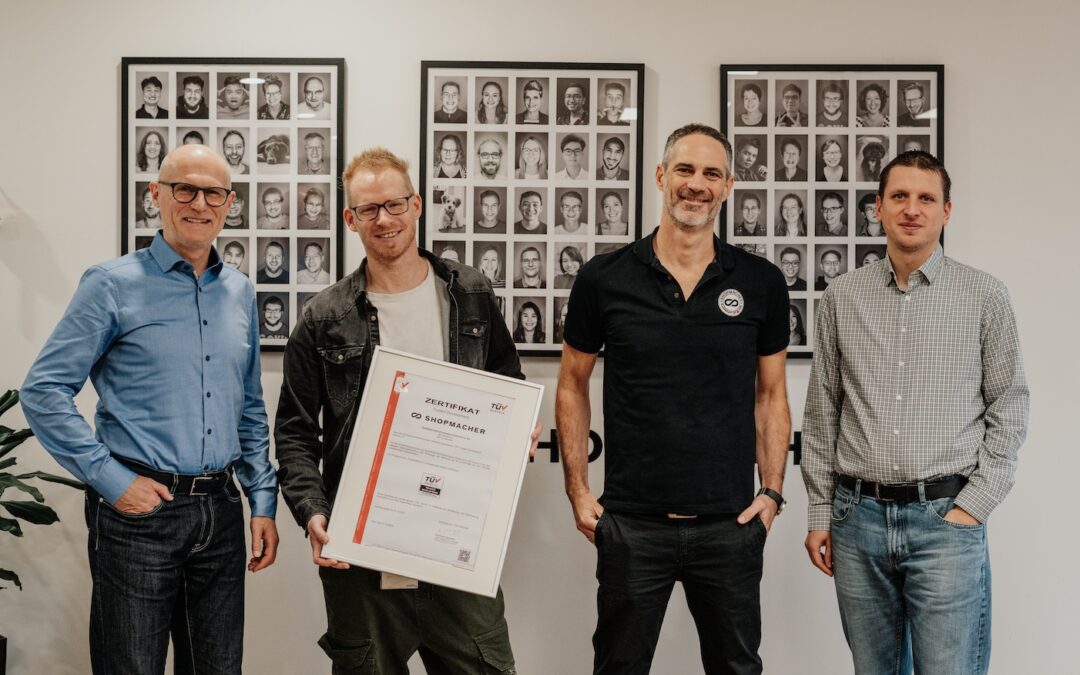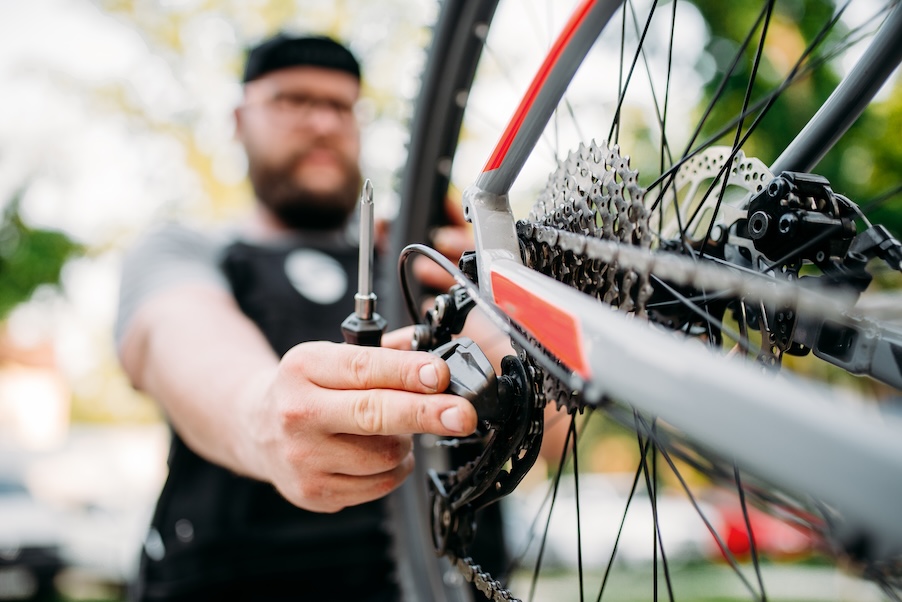Amazon’s market dominance: Don’t complain, act!
A guest article by Colin Czeloth, marketplace expert at ecom consulting GmbH
The German marketplace landscape is now very professional. For every dealer and manufacturer can find a wide range of alternatives to the Amazon, the top dog, on which in part also significantly more profitable business can be operated. So why is everyone whining about Amazon’s market dominance instead of to simply break new ground?
Amazon controls just under one-fifth of the entire German e-commerce market, as the latest Top 1,000 ranking by the retail research institute EHI recently showed. It’s not a matter of lamenting, but of taking action. For the flywheel of the U.S. giant mainly fire the marketplace traders. And for them, there have long been interesting alternatives in the German marketplace landscape.
The days of easy money on Amazon are over
For at least ten years, Amazon was indisputably the only online player in Germany that combined a very broad and continuously growing range and very decent prices with very good fulfillment. And quite a few small and medium-sized companies became very successful very quickly on Amazon in the mid-2010s with cell phone covers, bicycle pedals, or ballpoint pen holders, simply because they took advantage of and accompanied the growth story of the U.S. giant at a time when the e-commerce market was not yet as completely structured as it is today.
But then came the imitators. And the pizza supplier, which until now had successfully occupied its niche, had to watch a competitor with more money place a rival product on Amazon and destroy its prices within a few weeks. At the same time, Amazon professionalized its retail business, negotiating its purchase prices ever more aggressively and introducing listing fees and penalties.
And most importantly, Amazon recognized the retail media business. And so, in the meantime, you need money to make money in the online marketplace. Because if you don’t promote your items on Amazon, you simply won’t be found. As a result, the days of easy money are definitely over on Amazon.

Colin Czeloth, ecom consulting GmbH
Otto can do furniture better than Amazon and Manomano DIY
In Amazon’s slipstream, however, the rest of the e-commerce market in German-speaking countries has also grown up and become professional. With players such as Otto, Kaufland, Zalando, Breuninger, Douglas and Media Markt, there are now a large number of platforms that are in no way inferior to the big A in terms of customer experience. They all have a customer account. They all offer easy payment methods. They all use customer loyalty programs. They carry out all special actions. And they all deliver quickly. And they also offer their suppliers increasingly convenient onboarding processes. All in all, it’s safe to say that the new challengers have caught up more in the past half decade than Amazon has gotten better.
Dealers and manufacturers therefore have many options today that did not exist in this form ten years ago. All these platforms can be used to sell successfully and, in some cases, much more profitably than on Amazon. You just have to do it. For example, the product detail pages on Otto.de are much better suited for furniture manufacturers and retailers than those on Amazon, which were originally designed for books and CDs. Manomano.de offers the DIY sector access to the international DIY target group, which can also be targeted much more specifically on the platform than on Amazon. In addition, the product range, which is specifically tailored to the needs of DIY fans, creates a high-quality environment in which even higher-priced products sell better. And Breuninger’s marketplace also attracts solvent customers who may not pay as much attention to the second decimal place in the price as they do on Amazon.
Amazon customers are also willing to switch
Customers are also increasingly looking for alternatives to a platform that offers them a gigantic assortment, but little inspiration and a lot of China junk. At the same time, they wonder why they pay 89.90 euros a year for flat-rate shipping while they read in the media how badly Amazon delivery people are doing. To put it bluntly: Anyone who orders twice a month from Amazon and does not use Amazon Prime Video or Amazon Music – and that is probably not a small number, especially in older target groups – pays the equivalent of €3.74 per order for shipping. So far from the perceived, supposedly free shipping purchase!
The will and the foundation to build and use a counterweight to Amazon in Germany now exist on the platform provider side and also on the customer side. Now it is up to the manufacturers and retailers to fill these platforms with life or suitable assortments at competitive prices. After all, in addition to the now ubiquitous good customer experience, one thing above all is important for the breakthrough of an online marketplace: a high-quality and deep product range. And for this purpose, new tools and software solutions can be used to build good and easily scalable onboarding processes for additional suppliers. Then consumers also like to use the variety of marketplaces.
So the competition against Amazon can continue to catch up.
The team is made up of around 20 experts who have themselves worked for years on the corporate side and therefore know the sore points as well as the strengths on the customer side. The goal of ecom consulting is to perfectly coordinate all the cogs of digital commerce and to advise and support customers efficiently and with a focus on returns.
The company was founded in 2015 by Oliver Lucas and Martin Himmel in Munich and advises MediaMarktSaturn, Rose Bikes and Braun Büffel, among others.
ALSO INTERESTING

Shopmacher take stock: these are the ten biggest weaknesses of online stores
The platform specialists at Shopmacher know the code behind commerce: in their audit report, they name ten typical weaknesses that prevent growth – and show how retailers can fix them.

SHOPMACHER receives TÜV certification
Awarded: SHOPMACHER receives TÜV certification for Trusted Development.

Bravobike and Shopmacher implement commercetools store in just eight weeks
Bravobike and the e-commerce agency Shopmacher implemented a new online store MVP based on commercetools in eight weeks.